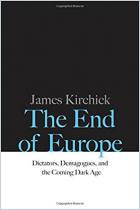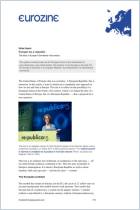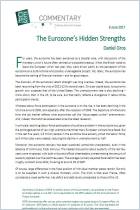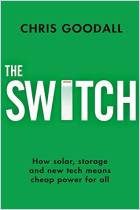
Becoming Europe
Economic Decline, Culture, and How America Can Avoid a European Future
Read or listen offline
Recommendation
Samuel Gregg, the research director of a conservative think tank, brings both facts and philosophical concepts to support his thesis that America is in danger of becoming more like Europe in terms of economics and social welfare – and that, he says, is a very bad thing. Europe’s growth rates have been declining in a process associated with welfare, public spending and vast bureaucracies like the European Commission, but, as always, analysis confronts the difficulty of going from correlation to causation. What seems like a manifestation of social pride to many Europeans is, to Gregg, a contagion. Imbued with a moral passion for free market principles, he relies on thinkers from Erasmus to Tocqueville for his intellectual underpinnings, though society has changed quite a bit since they first shared their views. Although Gregg understands just how different European nations are from each other, he still relies on the scare story of a single Europe for his central thesis. His solution is to make government smaller and to rely on private spending and charity to take up the slack. Though always politically neutral, getAbstract finds that Gregg clearly articulates the conservative point of view for those who wish to understand it more fully.
Take-Aways
About the Author
Samuel Gregg directs research at the Acton Institute, a conservative research and educational institution. He wrote On Ordered Liberty and Economic Thinking For The Theologically Minded.

















Comment on this summary or Iniciar a Discussão